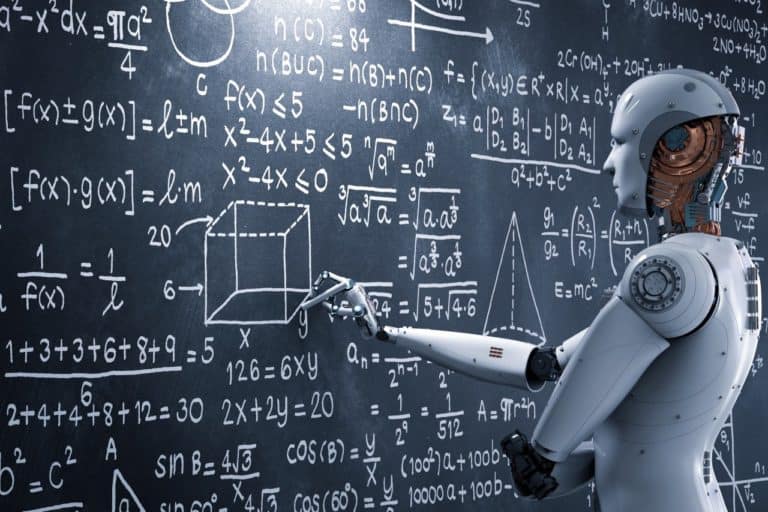The explosive development of artificial intelligence and machine learning is changing the way we use computers. That states Google’s software engineer Cliff Young during the Linley Group Fall Processor Conference, reports ZDnet.
During the event Young gave a speech about the rise of AI. According to Young, AI comes at the right time, just when Moores Law no longer seems to be right about the development of semiconductors.
Exciting times
These are exciting times, Young says. While companies find it difficult to make chips ever smaller, deep learning is emerging. Conventional chips are struggling to perform better and more efficiently, but at the same time the demand for AI researchers is growing. For example, the number of academic investigations into artificial intelligence has doubled in the last year and a half. And the number of AI-related projects within Google also doubles every year and a half.
The growth is therefore high; according to Young, there is even an exponential growth. He thinks it’s reason enough to speak of a Super Moores Law. At the same time Young calls this phenomenon somewhat frightening and a bit dangerous. That’s why it’s something that developers need to think about. But it’s also a development that had to come about because machine learning is proving to be incredibly effective.
Tensor Processing Unit
Google made the step to AI five years ago. According to Young, the company has been an AI-first company ever since, and this is reflected in the development of the Tensor Processing Unit. This is a machine learning chip developed by Google itself. These were necessary because, according to Google, traditional chips could not keep up with the rapid developments.
At the moment, Google is applying the third generation TPU and it is applying this widely within its company. It is also developing ever larger TPU variants. The latest configuration was named a pod by Google and connects 1,024 individual TPUs. Together they form a new kind of supercomputer and Google wants to continue to expand that system.
According to Young, the whole thing ensures a very fast development, which is sometimes difficult to keep up with. On the one hand, because the technology should develop faster than is currently the case and, on the other hand, because machine learning is proving to be so effective.
This news article was automatically translated from Dutch to give Techzine.eu a head start. All news articles after September 1, 2019 are written in native English and NOT translated. All our background stories are written in native English as well. For more information read our launch article.